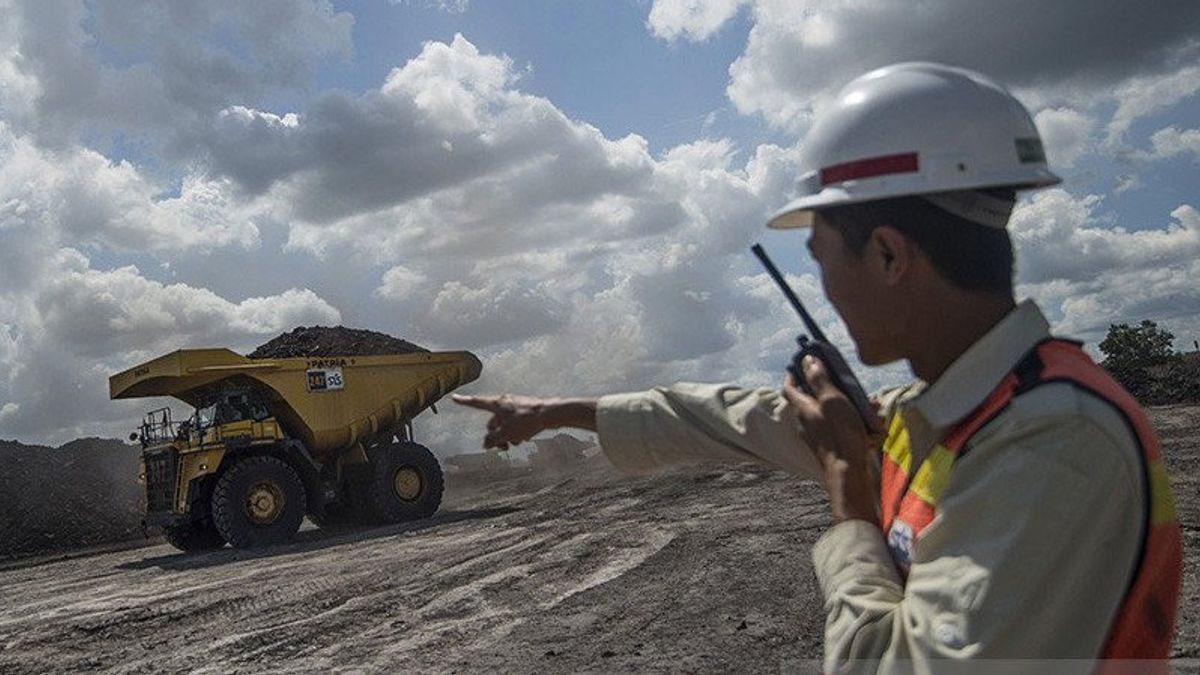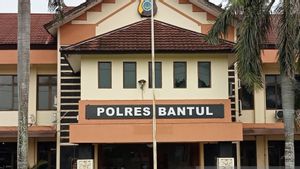JAKARTA - The government through the Ministry of Finance (Kemenkeu) said that the coal mining sector needs to be optimized to improve compliance with the implementation of state revenue obligations.
Head of the Fiscal Policy Agency, Febrio Kacaribu, said that currently there are two state revenue regimes in the coal mining sector that work together. First, the permit regime which refers to the provisions of the applicable legislation.
Second, the contract regime in the form of a Coal Mining Concession Work Agreement (PKP2B) which refers to the provisions in the contract until it expires.
According to Febrio, the current dynamics have prompted the government to release a new policy in the form of Government Regulation No. 15 of 2022 concerning the Treatment of Taxes and/or Non-Tax State Revenue in the Coal Mining Business Sector, which is set on April 11, 2022.
"This PP is an important milestone as the legal basis for contract convergence which will eventually become a licensing regime in an effort to increase state revenue," he said in an official statement quoted on Sunday, April 17.
In his explanation, Febrio said that this PP provides certainty about how the income tax obligations for coal mining business actors are carried out.
The various actors are Mining Business Permit (IUP) holders, IUPK holders, IUPK holders as Continuation of Contract/Agreement Operations, and PKP2B holders.
"The existence of legal certainty regarding better income tax through this PP is expected to make it easier for business actors in this sector to fulfill their tax obligations," he said.
Furthermore, Sri Mulyani's subordinate stated that the government has re-arranged tax and PNBP receipts for IUPK as a Continuation of Contract/Agreement Operations by considering efforts to increase state revenues compared to before as mandated by Article 169A of the Minerba Law.
This is done by setting the PNBP rate for coal production progressively following the range of Reference Coal Prices (HBA).
Thus, when the HBA is low, the applied PNBP rate for coal production will not burden the IUPK holder as a Continuation of Contract/Agreement Operation. On the other hand, when commodity prices rise as they are today, the state receives higher state revenues from coal production PNBP. Meanwhile, to encourage the utilization of coal production for domestic industry, this Government Regulation stipulates, among other things, a lower single tariff of 14 percent for coal production for domestic sales.
"The implementation of this regulation is expected to be able to maintain a balance between efforts to increase state revenues and efforts to maintain the sustainability of business actors, so that it will become the foundation for realizing sustainable income to support future fiscal consolidation," closed Febrio.
The English, Chinese, Japanese, Arabic, and French versions are automatically generated by the AI. So there may still be inaccuracies in translating, please always see Indonesian as our main language. (system supported by DigitalSiber.id)









